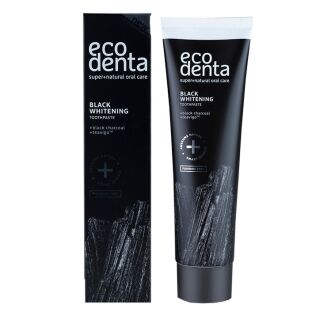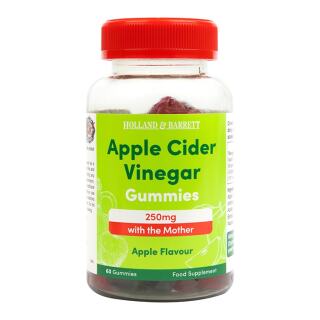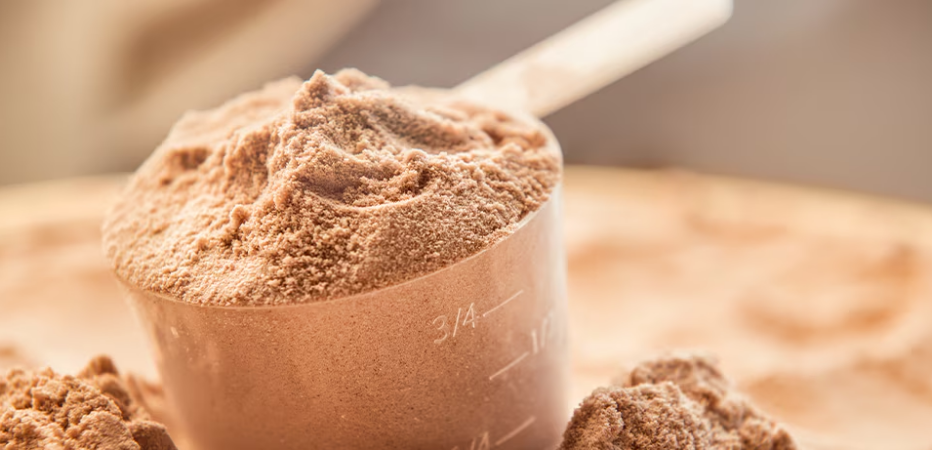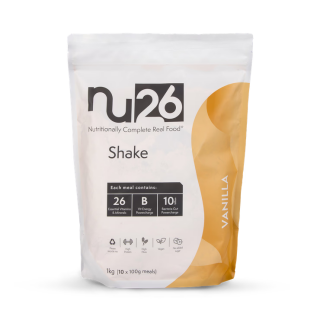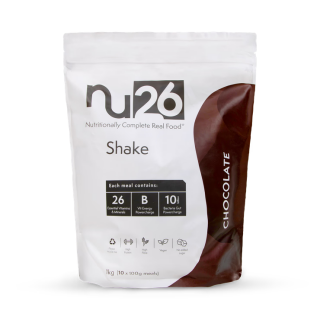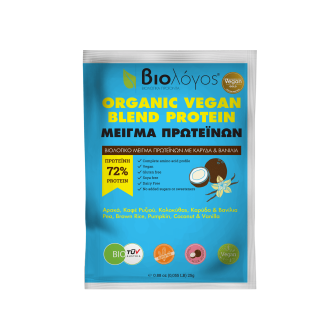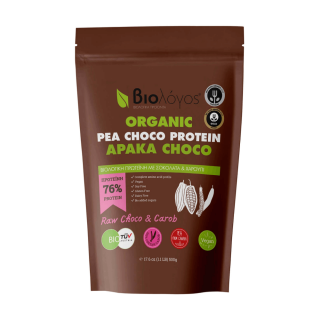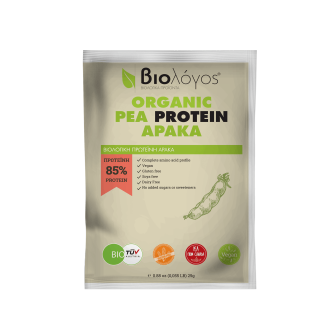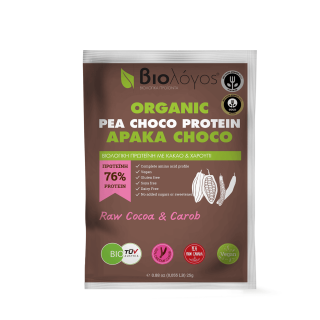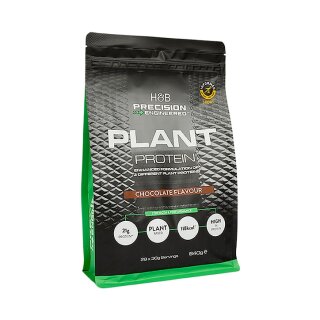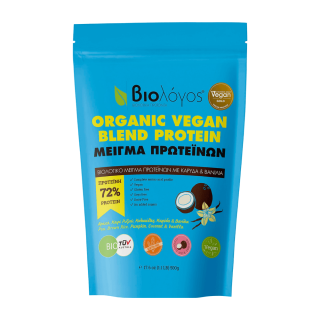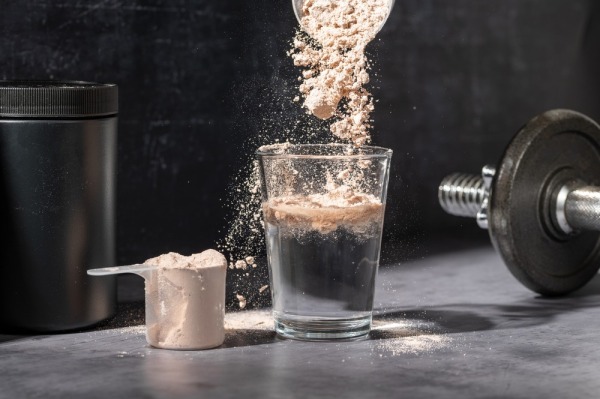Are Plant Proteins as Effective as Animal Proteins?
Easy access to a wide variety of foods, dietary supplements, and exercise products provides us with many different choices, all meant to meet our individual needs and dietary preferences. The trend toward vegetarian diets has increased significantly in recent decades, bringing plant proteins into greater focus - both in the market and in scientific research. However, the overwhelming amount of misleading information online about plant proteins has created confusion and sparked intense debate, leading many—athletes and non-athletes alike—to form misconceptions about their use. That’s why this article aims to clarify the concept of plant protein and discuss its quality and effectiveness.One must first ask: what exactly is a protein supplement, what makes it complete, and what is its bioavailability—i.e., how well is it absorbed by the body?
Protein is a fundamental structural component of the human body, playing a key role in muscle growth, maintenance, and recovery. A protein supplement is considered complete if it contains all nine essential amino acids (EAAs) in sufficient amounts—those amino acids the human body cannot synthesize and must obtain through diet. Most animal proteins meet this criterion, whereas many plant proteins tend to be lower in certain EAAs, particularly methionine, lysine, and leucine. Among these, leucine stands out because it activates muscle protein synthesis (MPS). It’s believed that approximately 2.5–3 g of leucine per protein dose is needed for optimal muscle response.Plant Protein and Muscle Mass
Although plant protein sources are often lower in some EAAs, many products on the market now contain blended sources to make up for any deficiencies or are fortified with leucine—the key amino acid for muscle development. For example, blending corn, hemp, or brown rice (low in lysine, high in methionine) with soy or pea protein (low in methionine, high in lysine) creates complementary protein mixes. In fact, a randomized study showed that 30 g of a wheat, corn, and pea protein blend produced the same MPS rate as 30 g of whey protein. Furthermore, a narrative review examining the nutritional adequacy and bioavailability of plant proteins found that leucine-enriched soy-pea blends had the same anabolic effect as isolated whey protein.
What’s the Best Plant Protein?
The best plant protein is the one that meets an individual’s needs and aligns with their personal goals. If amino acid completeness, bioavailability, and leucine content are priorities, soy appears to be a well-rounded choice. For athletes aiming for muscle gain and a faster MPS rate, blends (i.e., combinations of different plant sources) are recommended. For those cutting or "shredding," corn protein may be a better option due to its high leucine content in a small dose. For individuals prioritizing digestion, pea protein is ideal because it is absorbed as efficiently as whey but without causing discomfort, making it suitable for people with gastrointestinal sensitivities.
|
Protein Type |
Leucine Content (per 30g) |
Comments |
|
Corn |
~4.0 g |
· Very high in leucine, low in lysine. Ideal for athletes in cutting phase. |
|
Whey |
~3.0 g |
· Complete protein, high bioavailability, ideal for intra-workout use. |
|
Blend: Pea + Soy + Leucine |
≥2.7 g |
· Complete blend, good bioavailability. Ideal for muscle gain. |
|
Blend: Wheat + Corn + Pea |
~2.4–2.5 g |
· Complete blend, MPS equivalent to whey. Great for hypertrophy. |
|
Soy |
~2.2–2.4 g |
· Complete protein, high bioavailability. Ideal for vegans/lactose intolerant. |
|
Pea |
~2.0 g |
· Low in methionine, highly bioavailable. Best for sensitive digestion. |
|
Wheat |
~1.4 g |
· Low in leucine and threonine. Only useful in large doses. |
Additional Benefits for the Body and Environment
Compared to whey, plant protein sources offer additional nutrients such as dietary fiber, antioxidants, vitamins and minerals.
- Dietary fiber improves glycemic response and helps prevent cardiometabolic diseases.
- Protein + fiber combinations enhance satiety and support weight management.
- Antioxidants combat free radicals, protecting against oxidative stress and chronic inflammation.
- Vitamins support immune function, metabolism, and overall cellular health.
- Minerals contribute to bone health, fluid balance, and nervous system function.
Beyond the personal health benefits, plant proteins also stand out for their environmental sustainability. According to the EU Life Cycle Assessment study, plant-based meat alternatives pollute the environment significantly less than animal products, reducing carbon emissions by up to 90%. Additionally, plant proteins:
- Require less water, conserving natural resources
- Use fewer fertilizers and agricultural chemicals, keeping the environment cleaner
- Occupy less land, preserving biodiversity
- Support sustainable diets and reduce the environmental footprint of food production
So, Who Should Consider Plant Protein?
Modern research dispels the myth that only animal protein can support muscle growth. Plant proteins—if chosen wisely and consumed in adequate amounts or combinations—can indeed achieve results comparable to animal sources. Additionally, they offer extra nutritional, digestive and environmental benefits, making them a preferred option for many athletes, individuals with digestive sensitivities, and those seeking a more sustainable lifestyle without sacrificing performance or muscle gains.
And finally, it's important to remember that whether we choose an animal-based or plant-based protein supplement, our nutritional priority should begin with whole food sources and only then turn to supplements—not the other way around.Antonio, J., Evans, C., Ferrando, A. A., Stout, J. R., Antonio, B., Cintineo, H. P., Harty, P., Arent, S. M., Candow, D. G., Forbes, S. C., Kerksick, C. M., Pereira, F., Gonzalez, D., & Kreider, R. B. (2024). Common questions and misconceptions about protein supplementation: what does the scientific evidence really show? Journal of the International Society of Sports Nutrition, 21(1).
Detzel, A., Krüger, M., Busch, M., Blanco‐Gutiérrez, I., Varela, C., Manners, R., Bez, J., & Zannini, E. (2021). Life cycle assessment of animal‐based foods and plant‐based protein‐rich alternatives: an environmental perspective. Journal of the Science of Food and Agriculture, 102(12).
Dijk, F. J., Dijk, M. van, Roberts, J., Ardy van Helvoort, & Furber, M. J. W. (2024). Pea and soy fortified with leucine stimulates muscle protein synthesis comparable to whey in a murine ageing model. European Journal of Nutrition, 64(1).
Gorissen, S. H. M., Crombag, J. J. R., Senden, J. M. G., Waterval, W. A. H., Bierau, J., Verdijk, L. B., & van Loon, L. J. C. (2018). Protein Content and Amino Acid Composition of Commercially Available plant-based Protein Isolates. Amino Acids, 50(12), 1685–1695.
Guo, F., Danielski, R., Sarusha Santhiravel, & Shahidi, F. (2024). Unlocking the Nutraceutical Potential of Legumes and Their By-Products: Paving the Way for the Circular Economy in the Agri-Food Industry. Antioxidants, 13(6), 636–636.
Gwin, J. A., Church, D. D., Wolfe, R. R., Ferrando, A. A., & Pasiakos, S. M. (2020). Muscle Protein Synthesis and Whole-Body Protein Turnover Responses to Ingesting Essential Amino Acids, Intact Protein, and Protein Containing Mixed Meals with Considerations for Energy Deficit. Nutrients, 12(8), 2457.
Maykish, A., Nishisaka, M. M., Talbott, C. K., Reaves, S. K., Kristo, A. S., & Sikalidis, A. K. (2021). Comparison of Whey Versus Almond Protein Powder on Nitrogen Balance in Female College Students; The California Almond Protein Powder Project (CAlmond-P3). International Journal of Environmental Research and Public Health, 18(22), 11939.
Partanen, M., Luhio, P., Gómez-Gallego, C., & Kolehmainen, M. (2024). The role of fiber in modulating plant protein-induced metabolic responses. Critical Reviews in Food Science and Nutrition, 1–16.
Pinckaers, P. J. M., Kouw, I. W. K., Gorissen, S. H. M., Houben, L. H. P., Senden, M., Wodzig, W. K. H. W., de Groot, L. C. P. G. M., Verdijk, L. B., Snijders, T., & van Loon, L. J. C. (2023). The Muscle Protein Synthetic Response to the Ingestion of a Plant-Derived Protein Blend Does Not Differ from an Equivalent Amount of Milk Protein in Healthy Young Males. The Journal of Nutrition, 152(12), 2734 2743.
Pinckaers, P. J. M., Trommelen, J., Snijders, T., & van Loon, L. J. C. (2021). The Anabolic Response to Plant-Based Protein Ingestion. Sports Medicine, 51.


